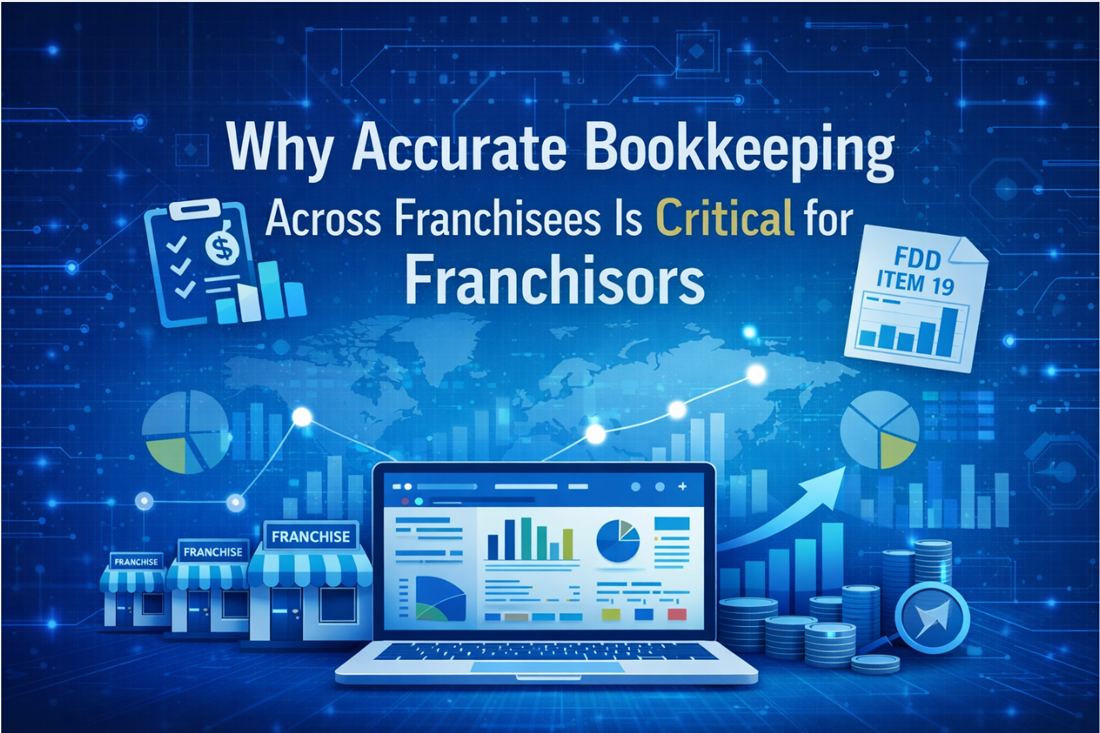Editor’s Note: This post was originally published in November 2016 and has been revamped and updated for accuracy and comprehensiveness.
As a self-employed realtor, you face some unique challenges when tax season comes knocking at your door. Since you don’t have taxes withheld from a regular paycheck, it’s up to you to lessen your tax burden by identifying all of the deductible expenses you incur throughout the year. Without careful planning, the tax bill you face when April rolls around can be quite a shock.
But here’s the good news: there’s probably more you can deduct than you realize! By carefully assessing not only your properties but your business as a whole, you can hold onto more of your hard-earned cash at tax time. The following tax tips for real estate agents are a great place to start looking for valuable deductions.
7 Tax Tips for Real Estate Agents

#1 – Mileage & Auto Expenses
Realtors tend to spend a lot of time behind the wheel. The miles you rack up can include getting to appointments, taking clients to see new properties, and staging homes. Don’t also forget to include car maintenance like new tires, tune-ups, and even car washes! At tax preparation time, you will need to determine whether the standard or actual cost deduction will save you the most money.
#2 – Office Space
Whether you pay desk fees under another agent or work from a home office, the IRS allows you to deduct the cost (or a percentage of) your office space. Depending on your situation, this could be a rather significant expense over the course of a year, so you don’t want to miss out on this deduction.
It’s important to note that you won’t be able to deduct both the desk fees you pay and the space you use at home for an office. Instead, you can only deduct one or the other – whichever is greater. Keep careful records of how much you spend on any office-related rent and purchases, so you have an accurate accounting of this component when it comes time to file.
#3 – Marketing
Business cards, website maintenance, mailers – any method you use to get your name out there is deductible as a business expense. Did you have a new logo designed? Maybe you purchased a mailing list? Those are included, too.
Unfortunately, many agents simply fail to track these kinds of costs throughout the year. The money just goes out to various vendors and services, and a (digital) paper trail is not kept up. This can be an expensive mistake. Instead, by utilizing online bookkeeping for real estate agents, you can adequately record all marketing expenses along the way, saving them in one central location for use at tax time.
#4 – Supplies & Equipment
Think of all the tools you use to run your business: a nice camera to photograph properties, your computer, lockboxes, and staging decor. Did you buy a new vacuum to clean up that “fixer-upper” you were showing? Work-related cleaning supplies are also deductible! Once you start keeping careful track of everything you purchase, you might be surprised to find how many items fall into this category over the course of a year.
#5 – Licenses & Fees
As a real estate agent, you are all too familiar with the various fees you pay throughout the year. Fortunately, MLS, brokerage, and legal fees — to name just a few — are all deductible. You can even deduct professional membership fees — just remember that any portion of dues designated for lobbying or political advocacy is not deductible. And don’t forget about your state license renewal.
#6 – Meals & Entertainment
Do you take clients out for lunch after a morning of showing properties? Did you meet up with a prospective business partner for happy hour? Did you cater an open house? If you discussed business before, during, or after the meal, it could be deducted on your tax return. Using the right accounting software will make it much easier to track all of these types of casual expenses throughout the year.
#7 – Professional Development
Staying at the top of the real estate market in your area means you’re always looking for ways to expand your learning and stay on top of industry trends. Professional development events, along with any trade events, can be deducted. Also, books you purchase or publications you subscribe to can be subtracted from your revenues.
Utilizing the services available from xendoo can help make tracking all of your business expenses a whole lot easier, so you can spend more time selling and less time worrying about next April. Get started today!
[av_sidebar widget_area=’Blog Post Disclaimer’ av_uid=’av-om2w’]










